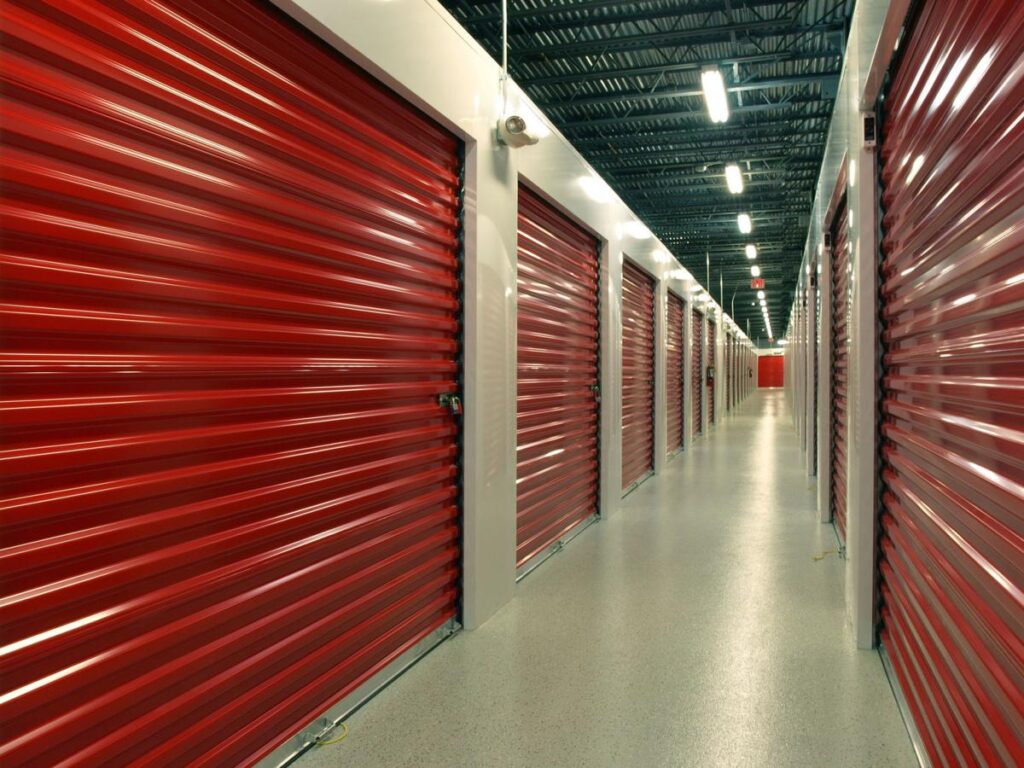In an era of heightened environmental consciousness, the pursuit of sustainable living has become a cornerstone of responsible consumer behavior. As the detrimental effects of climate change continue to manifest, individuals are seeking innovative ways to reduce their carbon footprint and promote a greener future. One compelling avenue is through the adoption of clutter-free, eco-friendly storage units that not only streamline living spaces but also contribute to a more sustainable lifestyle. Traditional storage solutions often involve the use of materials that have negative environmental impacts, such as plastic containers or particle board shelves. These materials not only contribute to the depletion of natural resources but also release harmful toxins during production and disposal. In contrast, the rise of eco-friendly storage units heralds a shift towards responsible consumption and conscious design. One of the primary considerations in the creation of eco-friendly storage units is the choice of materials. Sustainable options include reclaimed wood, bamboo, and recycled metal.

Reclaimed wood, for instance, gives a second life to timbers that would otherwise end up as waste. Bamboo, a rapidly renewable resource, offers remarkable strength and durability. Recycled metal not only reduces the demand for virgin materials but also lessens the energy-intensive process of mining and refining ores. By opting for these materials, individuals contribute to the reduction of deforestation, habitat destruction, and carbon emissions. Design and functionality also play a pivotal role in eco-friendly storage units. These units are crafted with a minimalist mindset, focusing on utility and purposeful aesthetics. Clutter-free designs prioritize essential storage needs over excessive accumulation, fostering a conscious mindset that encourages consumers to assess the necessity of their possessions. The result is not only a tidier living space but also a departure from the rampant consumerism that perpetuates environmental strain and visit now. Furthermore, these units often incorporate modular or multifunctional elements. Modular designs allow for versatility and customization, ensuring that storage adapts to changing needs. Multifunctional units serve dual purposes, reducing the need for additional furniture and promoting resource efficiency.
The production process of eco-friendly storage units also underscores their commitment to a greener future. Manufacturers prioritize sustainable practices such as energy-efficient production, reduced water usage, and waste minimization. Many companies employ local artisans, supporting regional economies and diminishing the carbon footprint associated with long transportation distances. In addition to their environmental advantages, these storage units often contribute to a mental shift towards intentional living. The minimalist approach they embody encourages individuals to evaluate their belongings and prioritize quality over quantity. This shift has broader implications for consumer culture, challenging the disposability mindset and fostering a sense of responsibility towards the products one owns. As society advances, the concept of sustainable living becomes increasingly intertwined with daily life. Eco-friendly storage units embody this concept by harmonizing functionality, design, and environmental responsibility. These units not only declutter living spaces but also declutter the mind, promoting a holistic sense of well-being rooted in conscious consumption. As consumers increasingly demand products that align with their values, the eco-friendly storage trend stands as a testament to the positive synergy between functionality, aesthetics, and a commitment to safeguarding our planet.